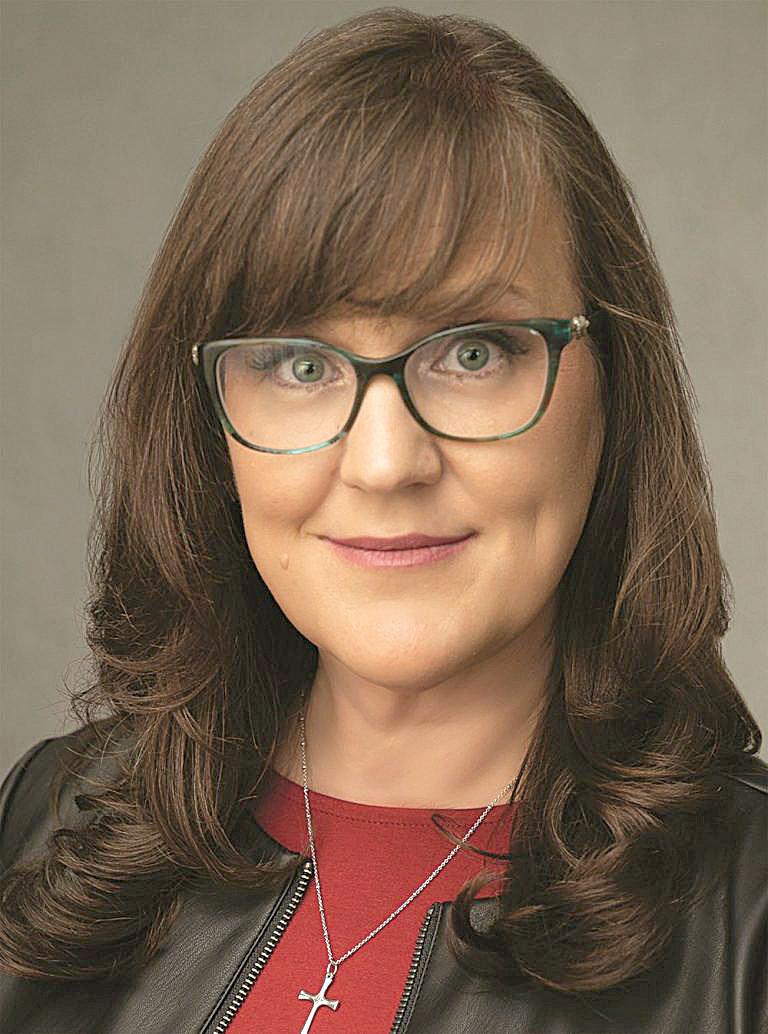
2 minute read
EDITOR’S LETTER
I had the good fortune to meet Rep. John Lewis twice: once at the Atlanta Pride Festival and again at the Decatur Book Festival. Both of those interactions were brief, but they left an impression. Lewis was one of those rare individuals who exuded kindness, whose handshake was a reassurance that there was decency left in the world. His resolve and spirit were manifest in his voice, the way he held your eye, and spoke to you like you were the only person in the room. It was an honor to meet a man who had given his whole life to a cause and to his country. He truly was a hero.

When I got the alert that Lewis had made his transition late on July 17, I felt an intense wave of grief. Losing him in the midst of a pandemic and during a wave of social and political upheaval seemed just another cruelness visited on us in 2020. Lewis was diagnosed with pancreatic cancer just before the world turned upside down, and while there were reassuring emails from him, his physical voice and presence was greatly missed. His last appearance in June at the giant Black Lives Matter mural in Washington DC showed a man who might have been frail in body but filled with spirit and that infinite resolve. The photo of him at the mural with his arms crossed defiantly – like a boss, as the kids say these days –is one more indelible image and memory to cherish and inspire.
Lewis served as the US representative for Georgia’s 5th Congressional District for 36 years after a stint as an Atlanta City Council member. Before becoming a lawmaker, the Democrat was already a revered member of the civil rights movement. A friend and colleague of Martin Luther King Jr., Lewis was an organizer and speaker at the 1963 March on Washington.
He participated in countless sit-ins, demonstrations, joined the Freedom Riders to end segregation on buses, and had his skull fractured by state police during an infamous encounter on the Edmund Pettus Bridge on “Bloody Sunday” in Selma, Alabama.
Lewis , a native of Troy, Alabama, was a co-founder of the Student Nonviolent Coordinating Committee (SNCC) and later became its chairman, and also served as director of the Voter Education Project.
In Washington, he fought against poverty and made improving education and healthcare his top priorities among others. Lewis supported national health insurance, gay rights and was a loud critic of U.S. involvement in the Iraq War. He famously boycotted the inauguration ceremonies of George W. Bush and Donald Trump, claiming both had been unfairly elected. In 2016, he led a sit-in at the House of Representatives to protest inaction against gun laws after the Orlando nightclub shooting.

Often called the conscience of the U.S. Congress, Lewis was known for his quote about making “good trouble” when a situation called for it. In a tweet in 2018 he said: “Do not get lost in a sea of despair. Be hopeful, be optimistic. Our struggle is not the struggle of a day, a week, a month, or a year, it is the struggle of a lifetime. Never, ever be afraid to make some noise and get in good trouble, necessary trouble.”
Good rest to you, sir, and may we all have the courage to get into “good trouble.”






















